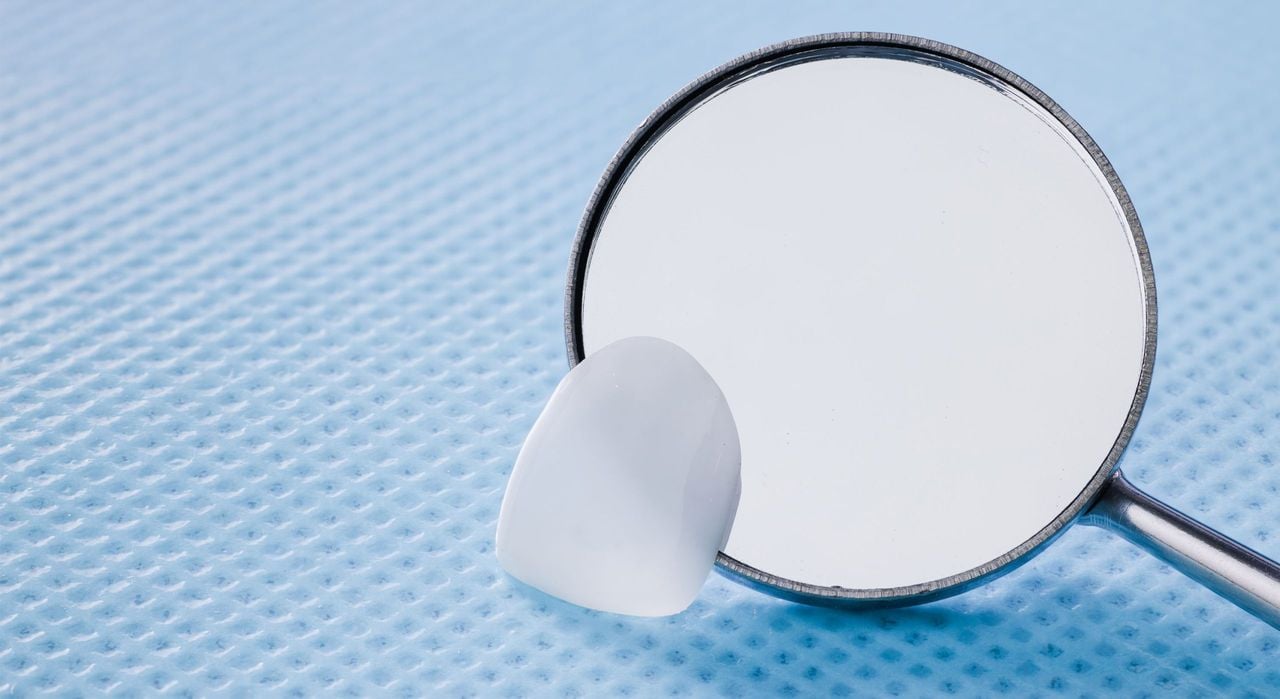
Boston Micro Fabrication has received an important approval for a new material.
It’s about their recently announced UltraThineer zirconia material, which is used to 3D print cosmetic dental veneers.
If you’re not familiar with a dental veneer, it’s a porcelain or composite resin that is applied to teeth, typically to visually enhance the teeth. To apply them the teeth must have a small layer of existing enamel removed to make room for the thin veneer that is applied later.
However, in the case of BMF’s material there will be less enamel removed, and that’s a good thing. This is because UltraThineer is billed as the “world’s thinnest veneer”. In addition, BMF explained that their approach requires “significantly less preparation” than traditional approaches.
This should make the material and associated processes quite popular in the dental industry. Veneers can be quickly produced on BMF equipment based on scans of a patient’s teeth.
The news is that the material has just been approved by the US Food and Drug Administration (FDA) by means of a 510(k) clearance. This opens up the ability for dental professionals to begin using the material and process. BMF explains:
“UltraThineer veneers are the world’s thinnest veneers and feature advanced material, a production workflow, and the finishing process to deliver more comfortable and less invasive options in cosmetic dentistry. Developed in collaboration with Peking University, dental labs can now offer this highly precise alternative to traditional veneers for dental practices across the U.S., powered by BMF’s unique, micro-scale printing technology. Additive manufacturing, or 3D printing, is already proven across multiple dental applications including orthodontic aligners, mouthguards, drill guides, and dentures due to need for on-demand, personalized, and custom solutions.”
BMF has already been working with dental professionals across the US in preparation for this clearance, and they now expect UltraThineer to be available in the second half of the year.
BMF is also working in other jurisdictions to receive similar clearance, which could dramatically widen their market for this unique material. It would not be surprising if this material becomes the key product for BMF in the near future.
All of this reinforces the importance of obtaining regulatory approval for a material. It’s usually quite difficult for companies to obtain approvals, but once done great things can be done.
Via Boston Micro Fabrication and UltraThineer
